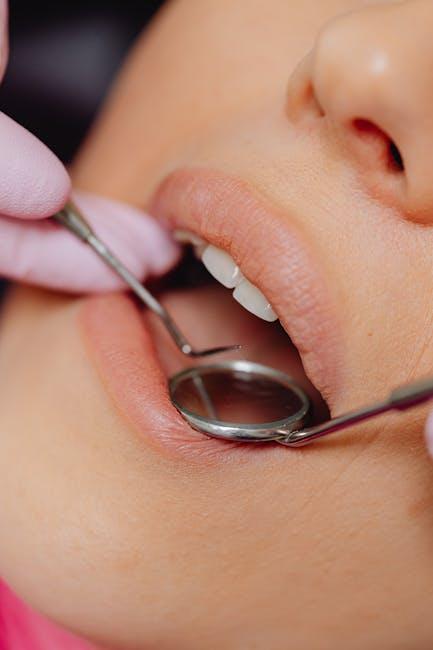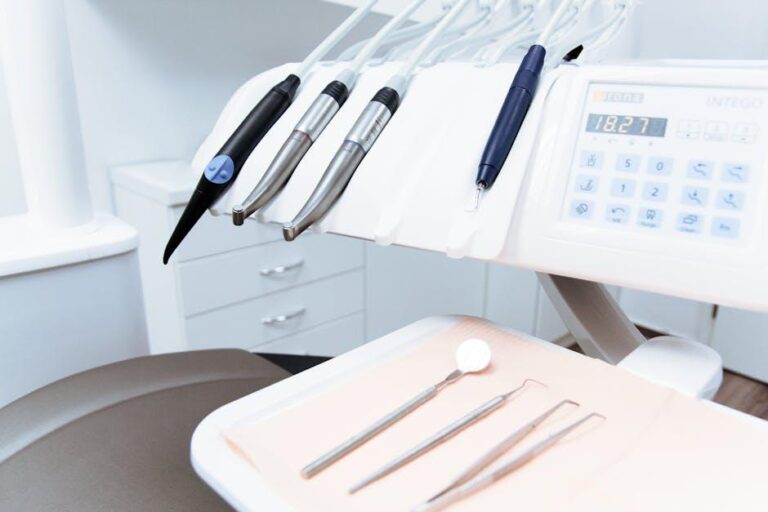
Poor Dental Health Closely Associated with the Risk of Gastric Cancer: Study – Medical Dialogues
Meta Description: Recent research reveals a significant link between poor dental health and an increased risk of gastric cancer. Learn about the findings, implications, and practical tips to protect yourself.
Introduction
Oral health often gets overlooked beyond the realm of cavities and gum diseases; however, the consequences of poor dental hygiene can extend far beyond the mouth. Emerging evidence from a recent study published by Medical Dialogues highlights a close association between poor dental health and an elevated risk of gastric cancer. This revelation signals the importance of integrating oral hygiene with overall health strategies to reduce potentially life-threatening diseases like stomach cancer.
In this comprehensive article, we will delve into the study’s findings, understand the mechanisms linking dental health and gastric cancer, and provide actionable tips to improve oral care and possibly reduce cancer risk.
The Study Overview: Connecting Dental Health and Gastric Cancer
According to the recent study highlighted in Medical Dialogues, individuals with poor dental hygiene exhibited a notably higher prevalence of gastric cancer compared to those with good oral health. The study analyzed thousands of participants, factoring in dental status, frequency of dental visits, oral hygiene routines, and incidence rates of gastric cancer.
Key Findings:
- Individuals with untreated gum disease or periodontitis had a 25-30% increased risk of developing gastric cancer.
- Regular dental check-ups and maintaining good oral hygiene significantly lowered the risk.
- Poor dental health may contribute to gastric cancer through chronic inflammation and bacterial infections.
The study stresses the importance of oral care as part of cancer prevention strategies.
How Poor Dental Health May Increase Gastric Cancer Risk
The relationship between dental health and gastric cancer might not be immediately obvious, but several biological pathways provide plausible explanations:
1. Chronic Inflammation
Dental diseases such as gingivitis and periodontitis cause chronic inflammation in the oral cavity. This ongoing inflammatory response can lead to systemic inflammation, creating an environment that promotes cancer development, including in the stomach lining.
2. Bacterial Translocation
The harmful bacteria responsible for gum diseases can enter the bloodstream or be swallowed, potentially disrupting the stomach’s natural microbiome. These bacterial imbalances have been implicated in gastric mucosal damage and carcinogenesis.
3. Immune System Impact
Poor oral health weakens the immune defenses, making the body more susceptible to infections and reducing its ability to suppress abnormal cell growth.
Practical Oral Health Tips to Reduce Gastric Cancer Risk
While more research is needed to fully understand all the mechanisms, good dental care is clearly beneficial not only for your mouth but for your overall health. Here are some practical steps you should consider:
- Brush teeth at least twice daily: Use fluoride toothpaste to remove plaque and reduce bacterial growth.
- Floss regularly: Removes food particles and plaque between teeth where brushes can’t reach.
- Schedule dental check-ups twice a year: Early detection and treatment of oral diseases are crucial.
- Limit sugary foods and drinks: These promote tooth decay and worsen oral bacterial balance.
- Avoid tobacco and excessive alcohol: Both are risk factors for both poor oral health and gastric cancer.
- Maintain a balanced diet: Foods rich in antioxidants and vitamins support oral and digestive health.
Case Studies: Real-Life Implications of Dental Health on Cancer Risk
Several case studies have shed light on this emerging link. Here’s a brief comparison showing differences in dental health status and gastric cancer outcomes:
| Patient Profile | Dental Health Status | Gastric Condition | Outcome |
|---|---|---|---|
| Patient A, 55 M | Severe periodontitis, poor oral hygiene | Diagnosed with early-stage gastric cancer | Underwent treatment; ongoing dental care advised |
| Patient B, 48 F | Regular dental visits, good oral care | No gastric issues, normal endoscopy | Maintains health with routine checks |
| Patient C, 60 M | Moderate gingivitis, irregular dental care | Developed gastritis with precancerous lesions | Improved oral health regimen recommended |
Conclusion: Prioritize Your Dental Health for Overall Cancer Prevention
The connection between poor dental health and gastric cancer risk is a crucial public health message. The study from Medical Dialogues highlights an often-overlooked aspect of cancer prevention — the health of your mouth. By maintaining regular dental hygiene, visiting your dentist frequently, and adopting healthy lifestyle habits, you can substantially reduce your risk of serious diseases like gastric cancer.
Remember, your mouth is the gateway to your body’s overall health. Good dental care is an investment in your long-term well-being that goes beyond a bright smile.
Stay informed, stay healthy!


